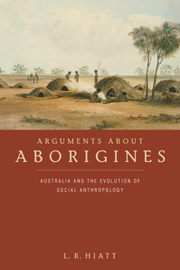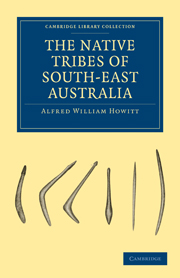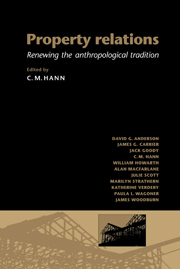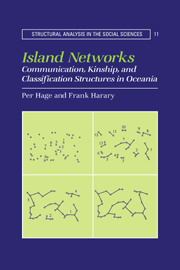Arguments about Aborigines
In the debates which followed the publication of Darwin's book on the origin of species, Australian Aborigines were used as the ideal exemplars of early human forms by European scholars bent on discovering the origins of social institutions. The Aborigines have consequently featured as the crucial case-study for generations of social theorists, including Tylor, Frazer, Durkheim and Freud. Arguments about Aborigines reviews a range of controversies such as family life, religion and ritual, and land rights, which marked the formative period of British social anthropology. Professor Hiatt also examines how changes in Aboriginal practices have affected scholarly debate. This elegant 1996 book will provide a valuable introduction to aboriginal ethnography for students, scholars and the general reader. It is also a shrewd and stimulating history of the great debates of anthropology, seen through the prism of Aboriginal studies.
- Written in a clear, non-technical style, so a good introduction to Aboriginal studies
- The author is a widely known and respected expert in Aboriginal studies
- Illuminates how anthropologists have sought to explain puzzling phenomena through dialectical method
Reviews & endorsements
'… handsome and elegantly written book … L. R. Hiatt leads us with a sure hand and dry humour through this personal selection of Arguments about Aborigines.' Ian Keen, The Times Literary Supplement
Product details
June 1996Paperback
9780521566193
240 pages
234 × 156 × 13 mm
0.34kg
9 b/w illus. 6 colour illus. 1 map
Available
Table of Contents
- List of illustrations
- Preface
- Acknowledgements
- 1. Prologue
- 2. Real estates and phantom hordes
- 3. Group marriage
- 4. The woman question
- 5. People without politics
- 6. High gods
- 7. Conception and misconception
- 8. Dangerous mothers-in-law and disfigured sisters
- 9. Initiation: the case of the cheeky yam
- 10. Epilogue
- Notes
- References
- Index.







